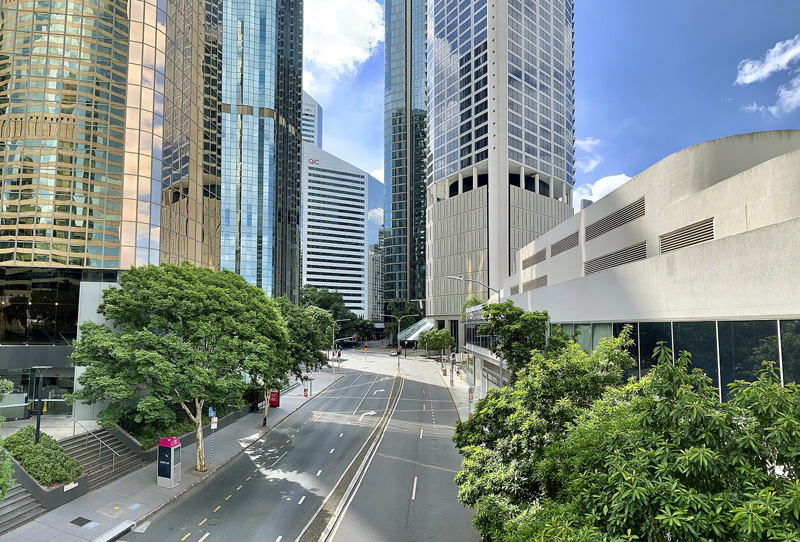Lockdown and the legal process

Overview
From the beginning of the pandemic, legal institutions faced a series of challenges as it became increasingly apparent that legal processes needed to adapt to the evolving crisis. While ways were found that would enable legal professionals to maintain core business, many hearings were put on hold. This is particularly acute in the criminal process, with trials delayed and defendants on remand or on bail. Many of the adaptations enacted by the courts and by lawyers show an agile responsiveness to a critical situation. But the ramifications are profound, with the potential to impact upon ways in which people access the legal process for many years to come.
Outcomes / activities
Researching the ways in which legal practitioners responded to the COVID-19 pandemic, including the impact of lockdown on courts, jury trails, and other aspects of the legal process.
Publications
Young, Alison. “Locked-down city First,” in Crime, Media, Culture: An International Journal August 2020.
In 2020, numerous countries went into lockdown as a public health response to the COVID-19 pandemic. Citizens were directed to stay at home, work from home and study at home. As people withdrew from workplaces, public transport and consumer spaces, in the emptied-out streets of a city, the material infrastructures of lockdown became highly visible.
In Melbourne, in Australia, the streetscape of the central business district was dramatically altered: almost no car traffic, few pedestrians and a range of ‘social distancing’ strategies in place. Streets were almost empty of traffic. Few pedestrians moved through the city. Face masks – the now-archetypal detritus of the pandemic – lay discarded in gutters.
Impact
Examining the changes to legal process brought about the COVID-19 pandemic and investigating their possible long-term implications.
Project details
Sponsors
University of Melbourne ‘Social Impact of COVID-19’ seed grant
Project team
Professor Alison Young (Criminology)
Associate Professor Peter Rush (Law)
Dr Claire Loughnan (Criminology)